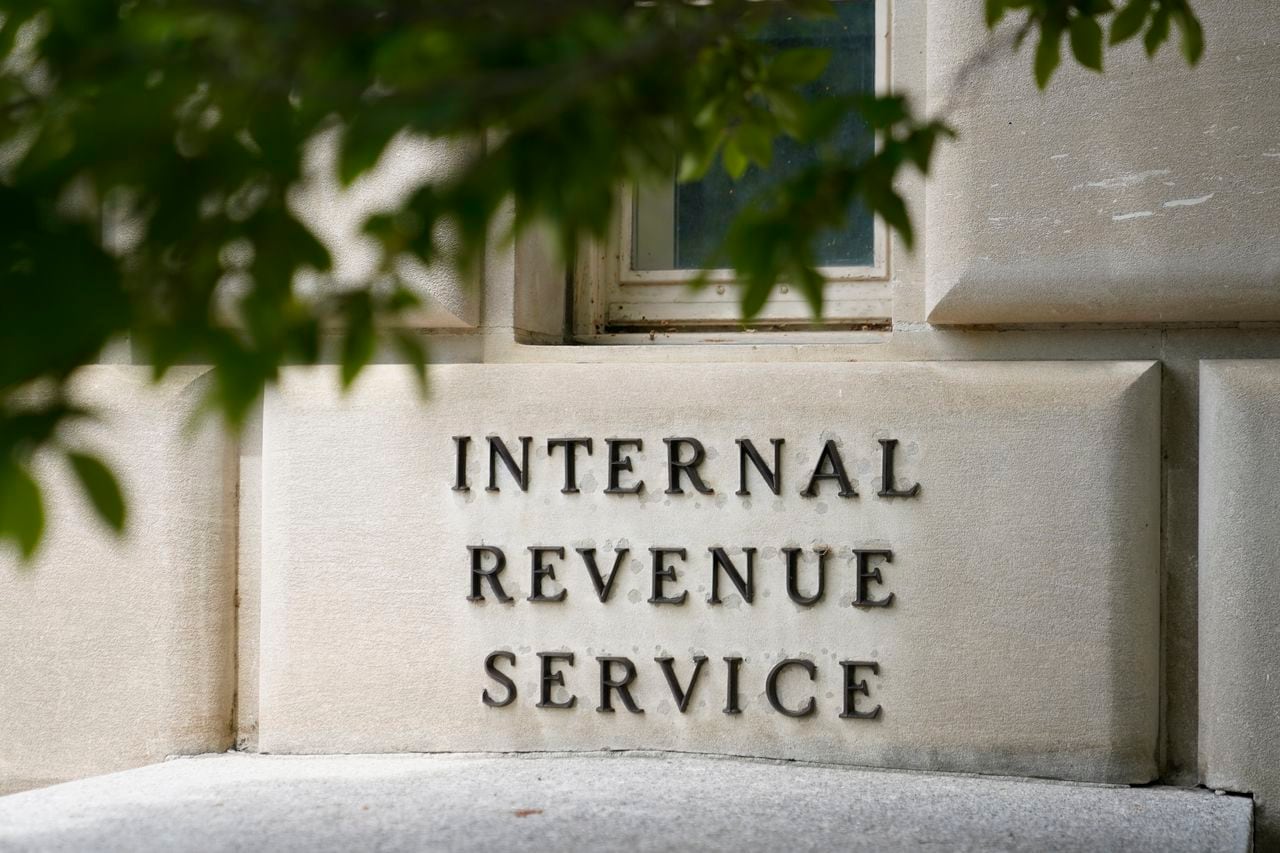
The Internal Revenue Service reminded taxpayers that time is running out to file a return to claim COVID-era money from 2020.
Those who are eligible for the Recovery Rebate Credit in 2020 and haven’t filed a tax return for 2020 have until May 17, 2024, to do so, according to the IRS.
The Recovery Rebate Credit is a refundable credit for people who did not receive one or more Economic Impact Payments, also known as stimulus payments, which were given out in 2020 and 2021. Those who are elligible must file a tax return first to claim a Recovery Rebate Credit, even if they barely made any money or didn’t make any money that year.
Here are the eligibility requirements for the credit:
- Being a U.S. citizen or U.S. resident alien in the respective year
- Not being a dependent of another taxpayer
- Having a Social Security number issued before the tax return’s due date
The 2020 Recovery Rebate Credit can also be claimed for someone who died in 2020 or later, the IRS said.
People who are owed a refund from the IRS have three years after the filing due date to claim money owed to them. May 17 is three years after the original May 17, 2021 tax deadline for 2020.
The Recovery Rebate Credit is also something taxpayers could claim for 2021 taxes. The deadline for claiming that credit is April 15, 2025.
The IRS has a page answer questions about claiming the credit if you weren’t required to file a 2020 tax return, as well as a page explaining how to amend your previous return if you already filed a return but didn’t claim the credit.
Free help is available for qualified taxpayers through the Volunteer Income Tax Assistance and the Tax Counseling for the Elderly programs.
No penalty is incurred for claiming a refund on a late-filed tax return, and Recovery Rebate Credit money does not count as income for eligibility for federal benefits including Supplemental Security Income (SSI), Supplemental Nutrition Assistance Program (SNAP), Temporary Assistance for Needy Families (TANF) and the Special Supplemental Nutrition Program for Women, Infants, and Children (WIC).





